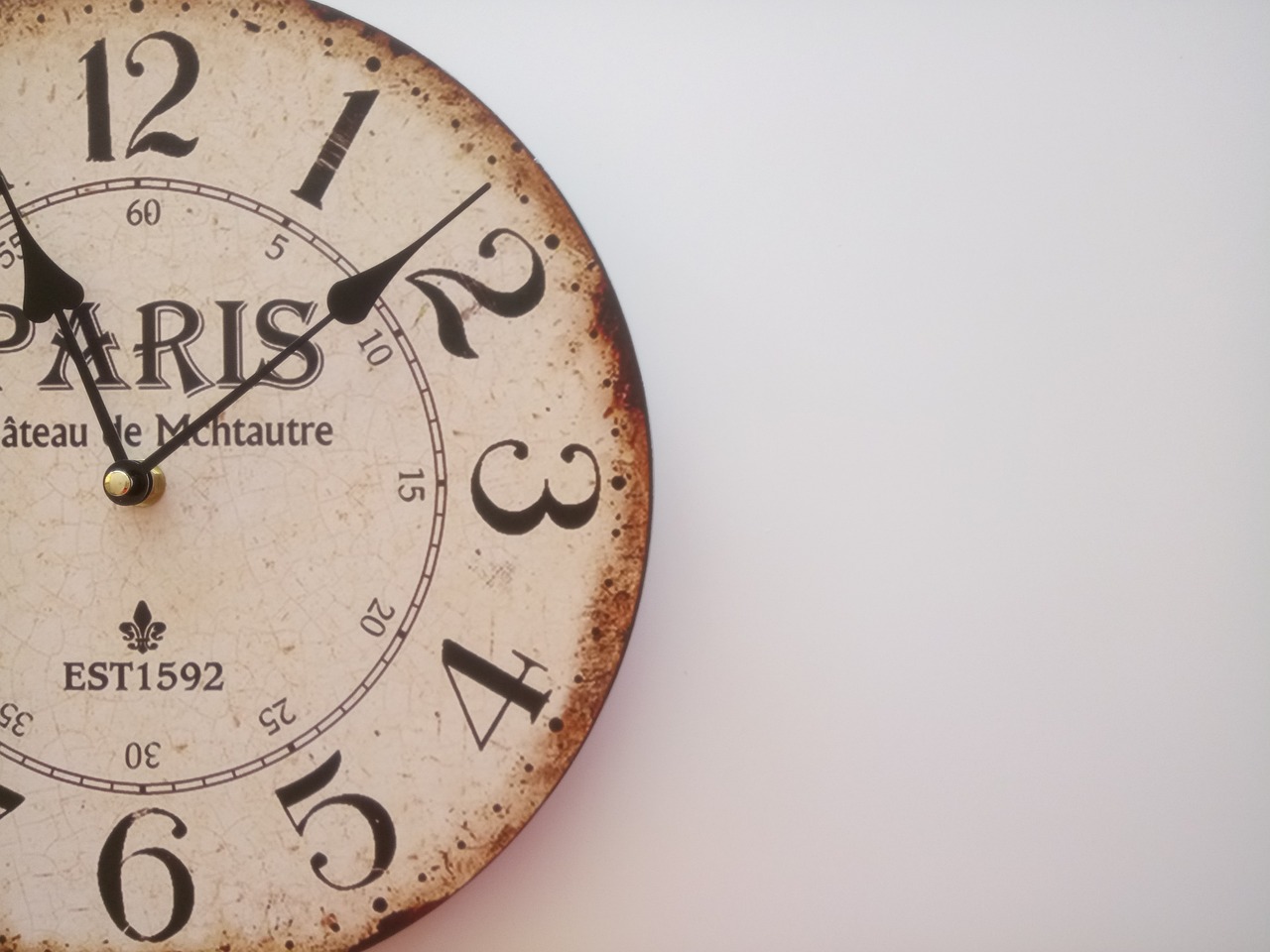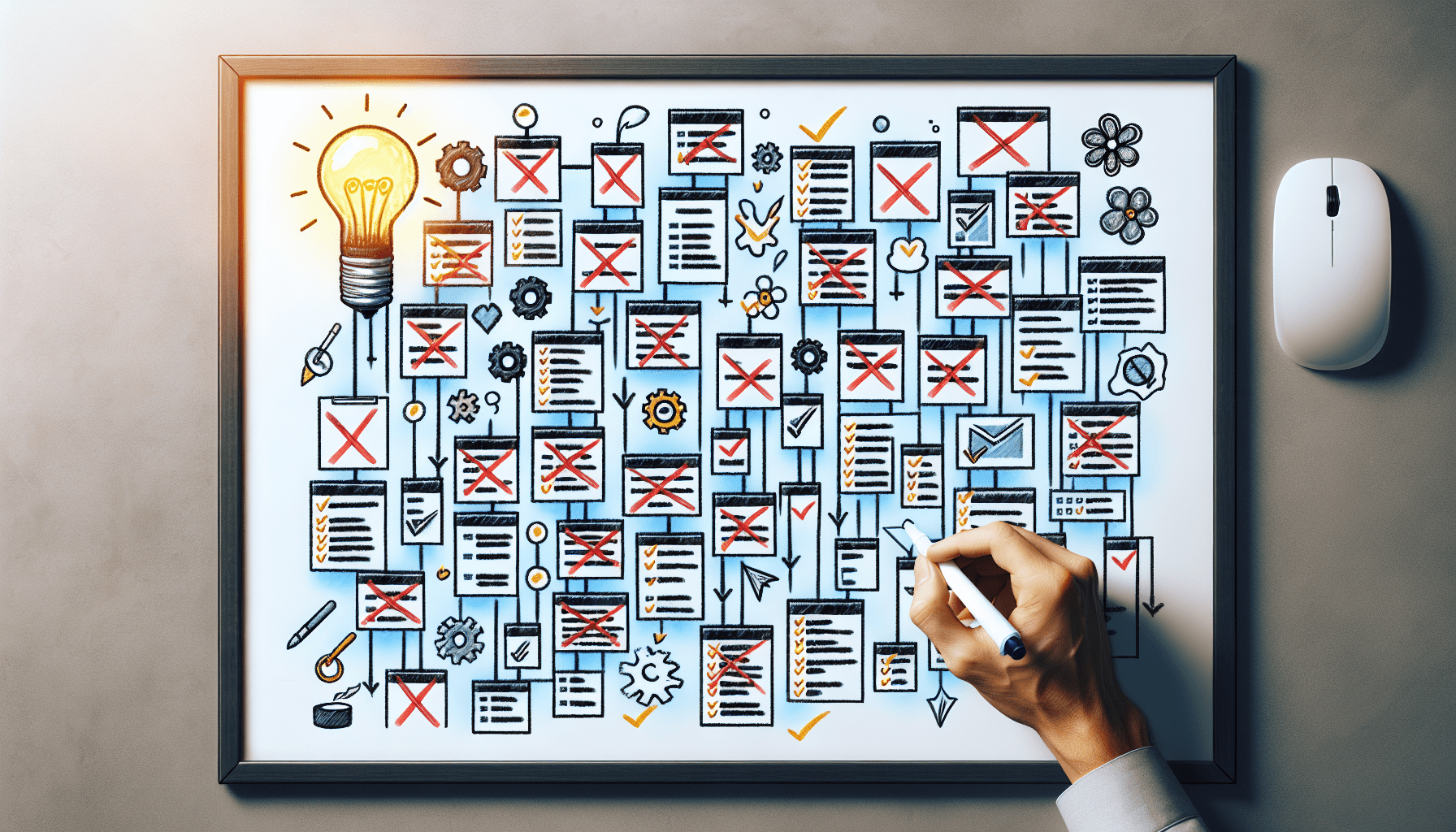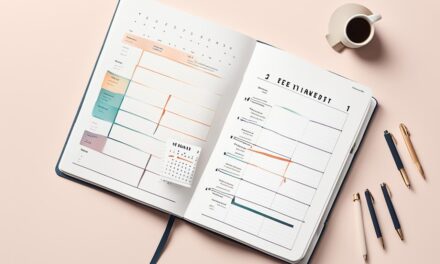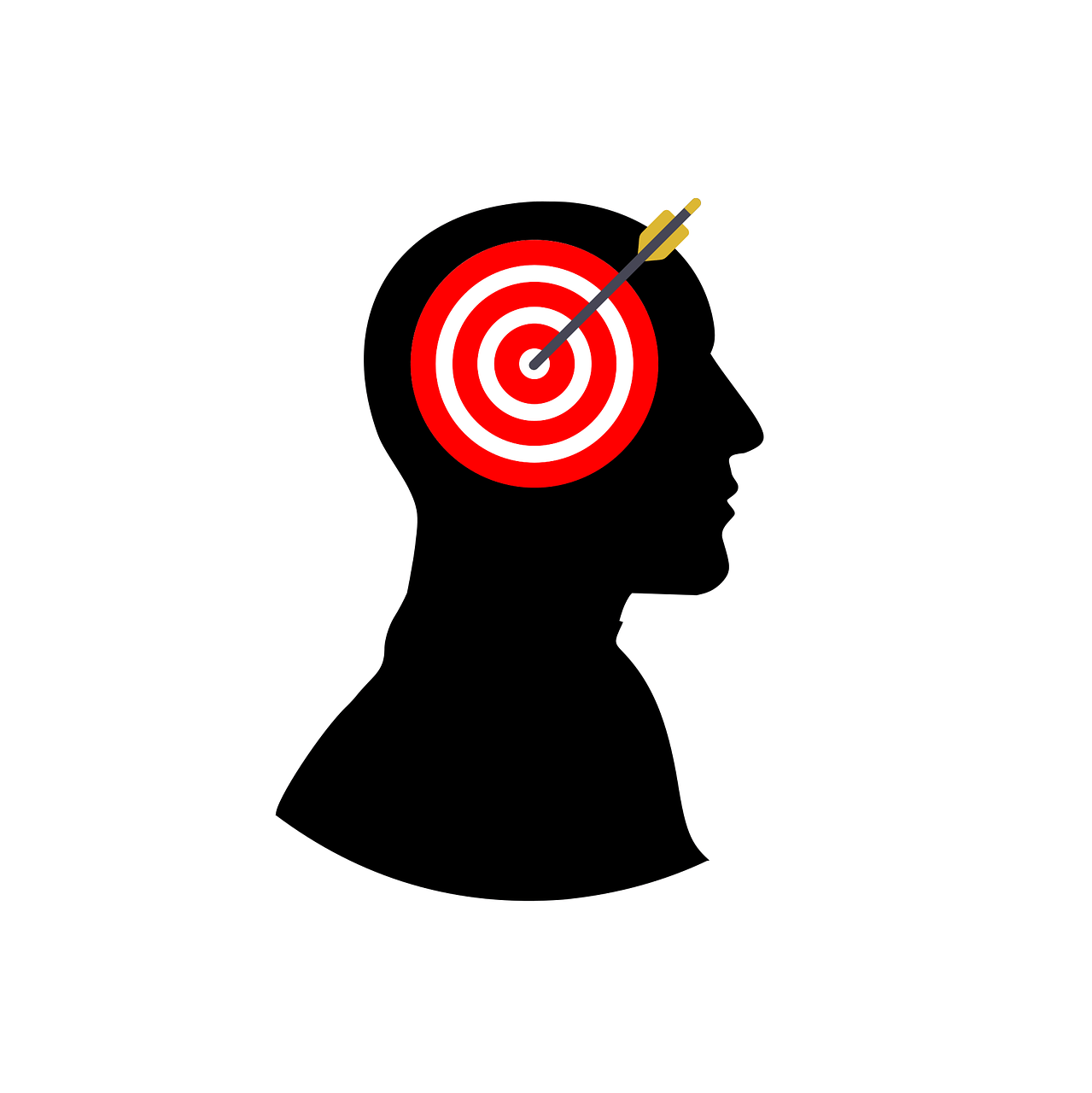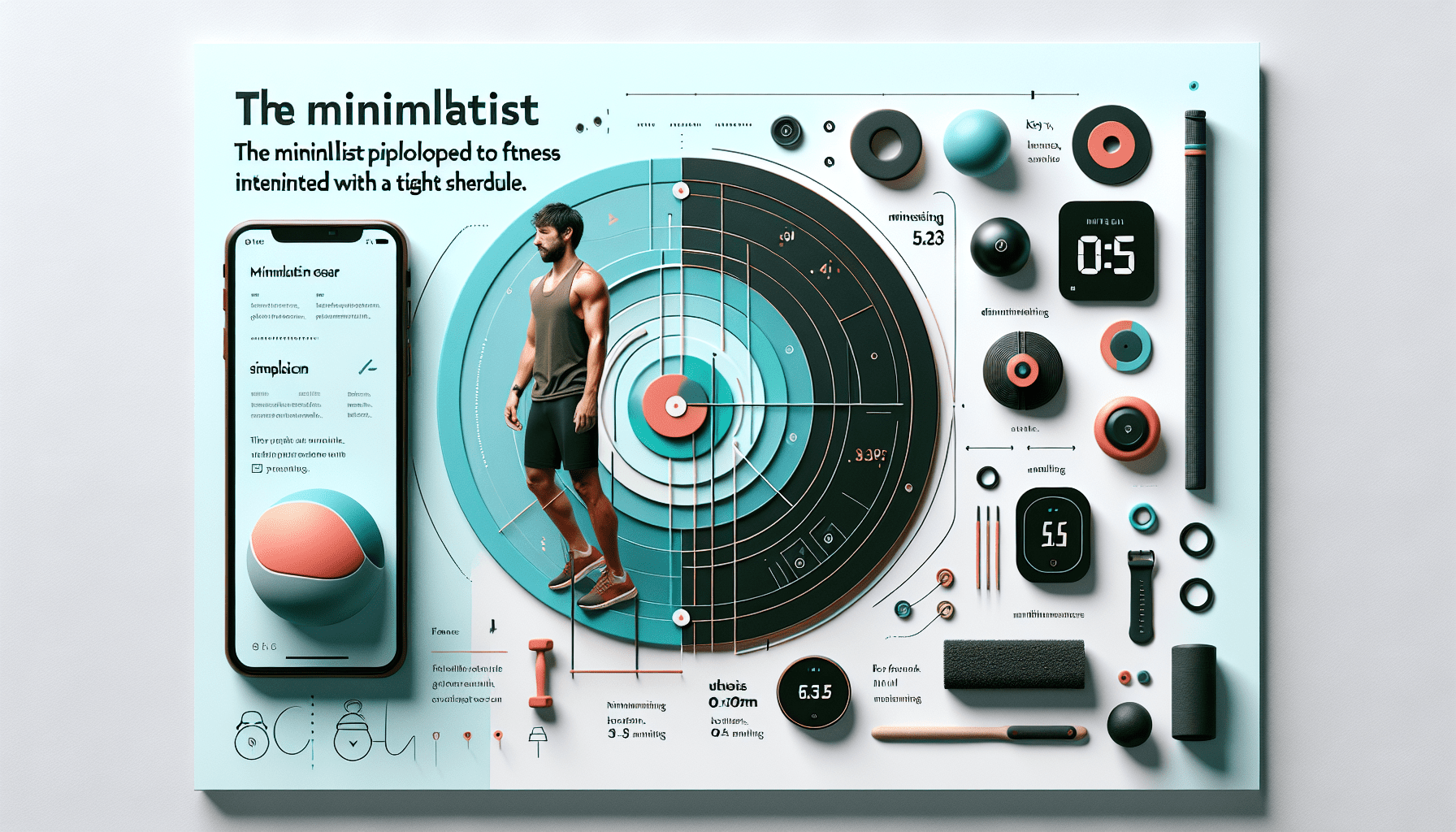
Mindful Productivity: How To Work Smarter By Cultivating Awareness

In today’s fast-paced world, it’s easy to get caught up in the constant demands of work and feel overwhelmed. However, there is a way to navigate through the chaos and improve your productivity: by cultivating awareness. Mindful productivity is all about being fully present in the moment and making conscious choices that align with your goals and values. By incorporating mindfulness into your work routine, you can enhance your focus, reduce stress, and ultimately work smarter. In this article, we’ll explore practical tips and strategies to help you harness the power of mindfulness and boost your productivity.
Understanding Mindful Productivity
Definition of mindful productivity
Mindful productivity is a practice that combines the principles of mindfulness and productivity to help you work smarter, not harder. It involves cultivating awareness, being present in the moment, setting clear goals, managing time effectively, enhancing focus and concentration, maintaining work-life balance, building healthy habits, managing stress and overwhelm, and continually learning and improving.
The essence of mindful productivity lies in utilizing the power of mindfulness to bring attention and intention to every task you undertake. It encourages you to consciously focus on the present moment, without judgment, and to make deliberate choices about how to best allocate your time and energy. By integrating mindfulness into your work routine, you can increase your productivity, reduce stress, and enjoy a more fulfilling and balanced life.
Benefits of mindful productivity
The practice of mindful productivity offers numerous benefits that can positively impact both your personal and professional life. By cultivating awareness and being fully present in each moment, you can experience a deeper level of engagement and joy in your work. This heightened sense of focus can lead to increased efficiency and effectiveness, allowing you to achieve your goals with greater ease.
Mindful productivity also helps you create a productive environment by organizing your workspace and minimizing distractions. By setting clear goals and breaking tasks into smaller steps, you can prioritize your workload and manage your time more effectively. This, in turn, allows you to enhance your focus and concentration, eliminating the need for multitasking and promoting deep work.
Maintaining work-life balance is another crucial aspect of mindful productivity. By setting boundaries, taking breaks, and practicing self-care, you can ensure that you have adequate time and energy for both work and personal life. By building healthy habits such as establishing a morning routine and incorporating exercise and mindfulness into your day, you can further enhance your overall well-being.
Mindful productivity also equips you with stress management techniques to cope with the demands of a fast-paced work environment. It helps you deal with overwhelm by providing strategies to prioritize tasks, seek feedback, and reflect on your productivity journey. Through continual learning and improvement, you can continuously refine your approach and strive for growth and success.
Developing Awareness
Practicing mindfulness meditation
One of the fundamental aspects of mindful productivity is practicing mindfulness meditation. This involves setting aside dedicated time each day to focus on your breath and observe your thoughts and sensations without judgment. Through regular practice, you can cultivate a greater sense of present moment awareness, allowing you to let go of distractions and approach your work with a clear and calm mind.
To practice mindfulness meditation, find a quiet and comfortable space where you won’t be disturbed. Sit in a comfortable position, close your eyes, and take a few deep breaths to center yourself. Direct your attention to your breath, noticing the sensation of breath entering and leaving your body. Whenever your mind wanders, gently guide your focus back to the breath. Start with just a few minutes a day and gradually increase the duration as you become more comfortable with the practice.
Being present in the moment
In addition to formal mindfulness meditation, being present in the moment throughout your workday is essential for mindful productivity. It involves consciously bringing your attention to the task at hand and fully engaging with it without distraction. Instead of allowing your mind to wander or getting caught up in future worries or past regrets, practice redirecting your focus back to the present moment.
One way to enhance present moment awareness is through mini-mindfulness practices. Take a few moments before starting a new task to take a deep breath and mentally set an intention for the activity. Throughout the task, periodically check in with yourself, notice any distractions, and gently refocus your attention on the task. This practice not only increases your productivity but also enables you to savor the present moment and find fulfillment in your work.
Creating a Productive Environment
Organizing your workspace
Creating a productive environment starts with organizing your workspace. Clutter and disorganization can hinder your ability to focus and increase stress levels. Start by decluttering your desk, removing unnecessary items, and organizing your supplies in a way that allows for easy access. Keep your workspace clean and tidy, and only keep essential items within reach.
Consider incorporating elements of nature into your workspace, such as plants or natural lighting, to create a calming and refreshing atmosphere. Personalize your space with meaningful objects or inspirational quotes to uplift your mood and motivation. By creating an organized and personalized workspace, you can create a conducive environment for mindful productivity.
Minimizing distractions
Minimizing distractions is another key factor in creating a productive environment. Identify the main sources of distractions in your work environment, such as smartphones, social media, or noise, and take proactive steps to minimize their impact. Put your phone on silent or use app blockers to limit access to distracting apps during focused work periods. Utilize noise-cancelling headphones or play background music to create a more focused and immersive work environment.
It’s also important to manage digital distractions, such as excessive email notifications or constant social media notifications. Schedule specific times to check and respond to emails and messages rather than constantly interrupting your work. Consider implementing a digital detox period during which you disconnect from technology and focus solely on deep work. By minimizing distractions, you can create a more productive and focused work environment.
Setting Clear Goals
Defining your priorities
To work mindfully and productively, it’s crucial to define your priorities. Take some time to reflect on your overarching goals and values, both professionally and personally. This will help you gain clarity on what truly matters to you and enable you to align your daily tasks with your long-term vision.
Once you have a clear understanding of your priorities, break them down into smaller, manageable goals. These could be daily, weekly, or monthly goals that contribute to your larger objectives. By defining your priorities and setting clear goals, you can channel your time and energy effectively and avoid wasting resources on tasks that don’t align with your vision.
Breaking tasks into smaller steps
Breaking down tasks into smaller steps is a practical strategy to enhance productivity and manage overwhelm. Often, larger tasks can feel daunting and overwhelming, leading to procrastination or paralysis. By breaking them down into smaller, more manageable steps, you can approach them with greater ease and prevent procrastination.
Start by identifying the main components of a task and breaking them down into individual sub-tasks. Assign specific deadlines or timeframes for each sub-task to create a clear roadmap. As you complete each sub-task, you’ll experience a sense of progress and accomplishment, motivating you to move forward. Breaking tasks into smaller steps allows you to maintain momentum, stay focused, and ultimately achieve your goals more efficiently.
Managing Time Effectively
Prioritizing tasks
Effectively managing your time is a crucial aspect of mindful productivity. Begin each day by reviewing your priorities and identifying the most important tasks that align with your goals. Prioritize these tasks based on their urgency and importance, and allocate dedicated time blocks to work on them.
The Eisenhower Matrix, also known as the Urgent-Important Matrix, can be a valuable tool for prioritizing tasks. Place tasks into four quadrants: urgent and important, important but not urgent, urgent but not important, and not urgent or important. Focus your time and energy on tasks in the first two quadrants, as they have the highest priority and impact on your goals. This way, you can ensure that you’re focusing on what truly matters and making the most of your time.
Using time-blocking techniques
Time-blocking is another effective strategy for managing time and increasing productivity. It involves scheduling specific time blocks for different tasks or activities, ensuring that each block is dedicated solely to the designated task. By assigning specific time periods for focused work, meetings, breaks, and personal activities, you can create structure and enhance your efficiency and effectiveness.
Start by reviewing your to-do list and estimating how much time each task will require. Allocate dedicated time blocks on your calendar for each task, ensuring that you have realistic timeframes that allow for breaks and transition periods. During each time block, fully commit to the designated activity without multitasking or getting distracted. Time-blocking enables you to create a sense of flow and momentum, resulting in increased productivity and reduced stress.
Enhancing Focus and Concentration
Eliminating multitasking
Contrary to popular belief, multitasking can actually decrease productivity and impair cognitive functioning. While it may seem like you’re accomplishing more by juggling multiple tasks simultaneously, studies have shown that multitasking leads to more errors, reduced efficiency, and increased mental fatigue.
To enhance focus and concentration, it’s important to eliminate multitasking and practice single-tasking instead. By dedicating your full attention to one task at a time, you can allocate your mental resources more effectively and achieve higher-quality results. Resist the urge to switch between tasks or check email or social media notifications while working on an important task. Train your mind to focus on the task at hand, and you’ll experience increased productivity and improved performance.
Practicing deep work
Deep work is a concept coined by Cal Newport, referring to the ability to focus without distraction on a cognitively demanding task. Engaging in deep work allows you to maximize productivity and produce high-quality work. It involves creating an environment that minimizes distractions and dedicating uninterrupted time for focused work.
To practice deep work, establish a designated space and time for deep work sessions. Set clear boundaries by notifying colleagues or family members that you will be unavailable during these periods. Disconnect from technology and turn off notifications that may interrupt your concentration. Start with shorter deep work sessions and gradually increase the duration as your ability to concentrate improves. By incorporating regular deep work sessions into your routine, you can harness the power of focused attention and achieve outstanding results.
Maintaining Work-Life Balance
Setting boundaries
Maintaining a healthy work-life balance is essential for overall well-being and sustained productivity. Setting boundaries is a crucial step in achieving this balance. Clearly define your work hours and communicate them to colleagues and clients. Establish guidelines for when and how you can be contacted outside of work hours, ensuring that you have dedicated time for personal activities and relaxation.
Boundaries also apply to your own behavior and mindset. Learn to say no to tasks or commitments that don’t align with your priorities or values. Recognize when you’re reaching your limits and need to take a break or ask for support. By respecting your own boundaries, you create a harmonious balance between work and personal life, leading to increased satisfaction and productivity in both domains.
Taking breaks and practicing self-care
Taking regular breaks and practicing self-care is vital for maintaining work-life balance and avoiding burnout. Research shows that breaks throughout the day can improve focus, creativity, and overall productivity. Breaks allow your mind to rest, recharge, and return to tasks with renewed energy and clarity.
Incorporate short breaks into your daily routine, such as walking, stretching, or engaging in a mindfulness practice. Disconnect from work during lunchtime and engage in activities that recharge you, whether it’s going for a walk, reading a book, or practicing a hobby. Prioritize sleep and ensure you’re getting enough rest to optimize your cognitive function and well-being. By prioritizing breaks and self-care, you can sustain your productivity and overall happiness.
Building Healthy Habits
Establishing a morning routine
Establishing a morning routine sets the tone for the rest of your day and can significantly impact your productivity and mindset. By starting your day with intention and purpose, you can cultivate a positive mindset and set yourself up for success.
Design a morning routine that incorporates activities that energize and prepare you for the day ahead. This could include practices such as meditation, journaling, exercise, or reading. Avoid checking email or engaging in work-related tasks immediately upon waking, as this can lead to reactive and scattered thinking. Instead, prioritize activities that nourish your mind, body, and soul. By establishing a consistent morning routine, you can enhance your focus, clarity, and productivity throughout the day.
Incorporating exercise and mindfulness into your day
Exercise and mindfulness are essential components of a healthy and balanced lifestyle, and they can greatly enhance your productivity. Regular physical exercise not only improves your physical health but also boosts mood, reduces stress, and increases cognitive function. Aim to incorporate at least 30 minutes of moderate-intensity exercise into your daily routine, whether it’s a brisk walk, yoga session, or strength training.
Mindfulness practices, such as meditation or conscious breathing, can also significantly enhance your productivity. Take short mindfulness breaks throughout the day to reset your focus and bring attention to the present moment. These breaks can be as simple as taking a few deep breaths, observing your surroundings, or practicing a brief body scan. By incorporating exercise and mindfulness into your day, you can optimize your well-being and productivity.
Managing Stress and Overwhelm
Stress management techniques
Stress is an inevitable part of life, but it’s essential to develop effective strategies to manage and cope with it. Mindful productivity provides several stress management techniques that can help you navigate stressful situations and maintain your well-being.
One effective technique is deep breathing. When you’re feeling stressed or overwhelmed, take a few moments to focus on your breath. Breathe in slowly through your nose, allowing your abdomen to expand, and then exhale slowly through your mouth. This deep breathing technique activates your body’s relaxation response and helps calm your mind.
Another effective stress management technique is practicing gratitude. Take a few minutes each day to reflect on what you’re grateful for, whether it’s a small act of kindness, a supportive colleague, or a moment of joy. Cultivating a sense of gratitude can shift your perspective, reduce stress, and increase feelings of overall well-being.
Dealing with overwhelm
At times, the demands of work and life can become overwhelming. When faced with overwhelm, it’s important to step back and assess the situation. Take a few moments to pause, breathe, and reflect on what is causing the overwhelm. Is it an excessive workload, lack of clarity on priorities, or a need for support?
Break down the overwhelming tasks into smaller, manageable steps, and prioritize them based on their urgency and importance. Seek support and delegate tasks when possible, recognizing that you don’t have to do everything alone. Practice self-compassion and remind yourself that it’s okay to ask for help and take breaks when needed. By adopting a proactive approach and implementing strategies to manage overwhelm, you can regain control and maintain your productivity and well-being.
Continual Learning and Improvement
Seeking feedback and growth opportunities
To continually improve and grow as a mindful and productive individual, it’s important to seek feedback and embrace growth opportunities. Actively seek feedback from colleagues, supervisors, and mentors to gain insights into your strengths and areas for improvement. This feedback can help you refine your approach, learn from mistakes, and make adjustments to enhance your productivity.
Look for growth opportunities within your organization or industry that align with your interests and career goals. Attend conferences, workshops, or webinars, and engage in professional development opportunities to expand your knowledge and skills. Continual learning not only enhances your productivity but also stimulates creativity and keeps you motivated and engaged.
Reflecting on your productivity journey
Reflection is a powerful tool for personal and professional growth. Take time to regularly reflect on your productivity journey, evaluating the effectiveness of your strategies and identifying areas for improvement. Ask yourself questions such as:
- What strategies have been most effective in enhancing my productivity?
- Are there any recurring patterns or habits that hinder my productivity?
- How can I refine my approach to better align with my goals and values?
Journaling can be a valuable tool for reflection. Write down your thoughts, observations, and insights about your productivity journey. Celebrate your successes and acknowledge your challenges, treating each experience as an opportunity for growth. By actively reflecting on your productivity journey, you can make informed decisions, refine your strategies, and continue to work smarter and more mindfully.
In conclusion, mindful productivity is a powerful approach that integrates mindfulness and productivity principles to help you work smarter, increase efficiency, and enhance your overall well-being. By cultivating awareness, practicing mindfulness meditation, being present in the moment, creating a productive environment, setting clear goals, managing time effectively, enhancing focus and concentration, maintaining work-life balance, building healthy habits, managing stress and overwhelm, and continually learning and improving, you can unlock your full potential and create a fulfilling and successful life. Embrace the philosophy of mindful productivity and see the transformative impact it can have on your personal and professional life.

